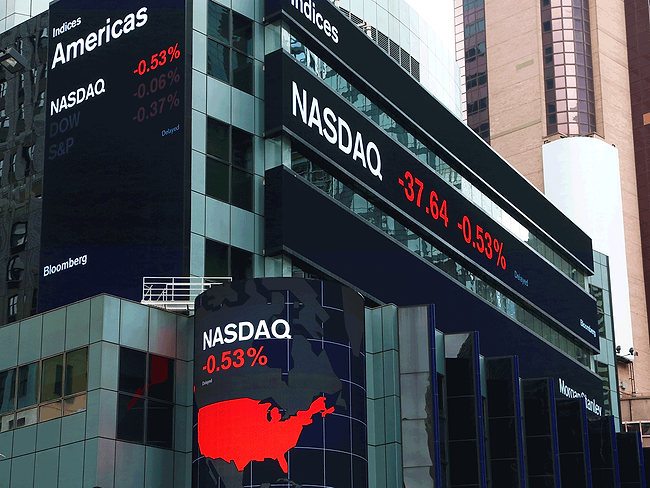
BIO CEO
BIO CEO & Investor 2022
Slower year ahead, but capital, financing options remain in wake of record 2021 deals
Read MoreBIO CEO & Investor 2022
Multimodal approach, diagnostics key to unlocking precision oncology potential
Read More2021 BIO CEO & Investor Conference



